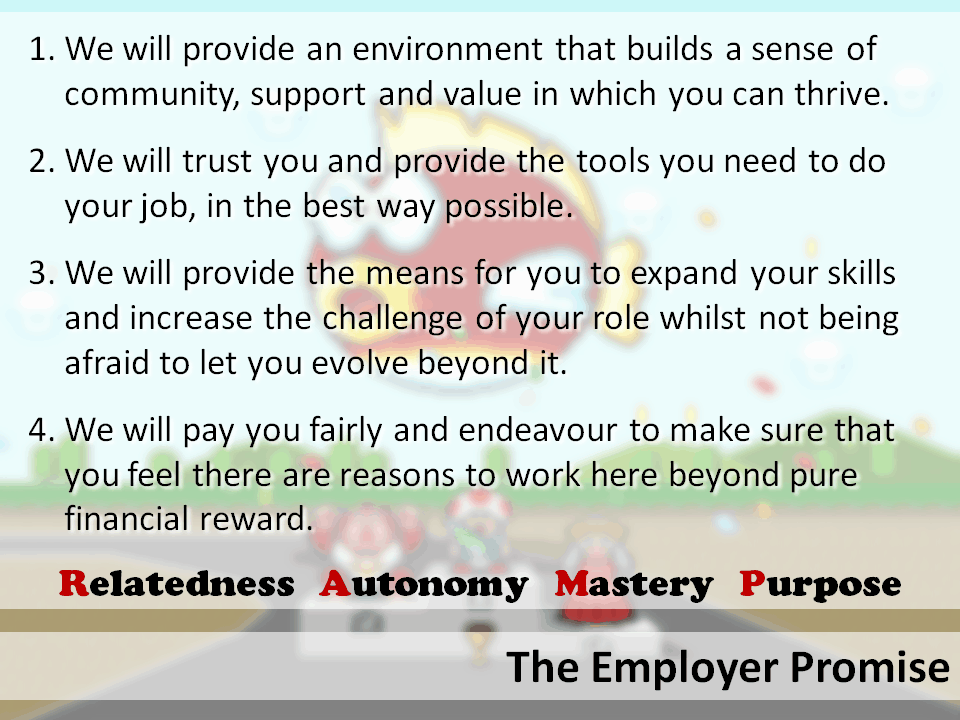A million years ago (well 2013) I did a talk at my first big conference – Gamification World Congress ’13. I chose to talk about a potential framework for a gamified career path, using a game board, constant feedback loops etc.
It was a decent talk and the concept was, if I do say so myself, a bit ahead of its time. That said, I do see elements of it in the real world now, which is awesome!
I spent time then and have done a lot since, talking about the importance of onboarding new members of staff. However, I know now, that I missed a very important part of the employee journey – Offboarding
I did a quick search for a definition of offboarding and found this one that I felt was interesting.
Offboarding is the process that leads to the formal separation between an employee and a company through resignation, termination, or retirement. It encompasses all the decisions and processes that take place when an employee leaves.
- Transferring that employee’s job responsibilities
- Deactivating access rights and passwords
- Turning in equipment
- Conducting exit interviews to gather feedback
Now. This seems very company centric, as depressingly ever, ignoring the employee.
There are many reasons employees leave a company, but here I am going to discuss it from the point of view that the employee has made a decision to leave, not the company has made the decision for them.
As much as the first impression an employee gets of a company is important, their last impression is equally – if not more – important. If you consider that most people stay in jobs for just 5 years these days, your employees will spend less time employed by you than not,? So why do employers seem to take so little interest in that.
Advocates, not Enemies
Offboarding should not just encompass what the company needs, it should also consider what the employee might need. It is not time for the company to be childish and sulk because an employee has betrayed them and decided to leave.
If they feel the company was supportive and happy for them, celebrating with them and helping them to be excited about the new opportunities – how great do you think that employee will feel about the company they are leaving?
That may not seem important, but imagine the number of years that employee will go from place to place saying “You know what, company x treated me amazingly, I totally recommend them to you!” or “Oh, the place I used to work for did that, I’ll hook you up”.
So when you are building your employee roadmaps, maybe put some effort into a structured offboarding, that not just looks at closing down the employees technical relationship with your company, but also the emotional relationship they have with the company. That’s the relationship that they will likely remember far longer than anything they did in the company. Use it as an opportunity for honest conversations, understanding and offering support that may help them move into their next job.
I suppose I am saying, don’t be an arse about it all. Employee loyalty should far outlast their employment!
Similar Posts:
Also published on Medium.




